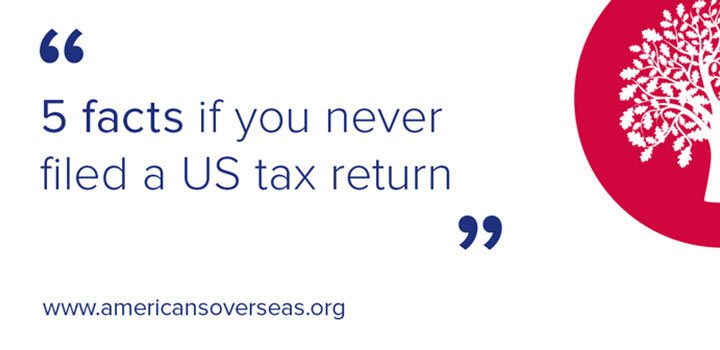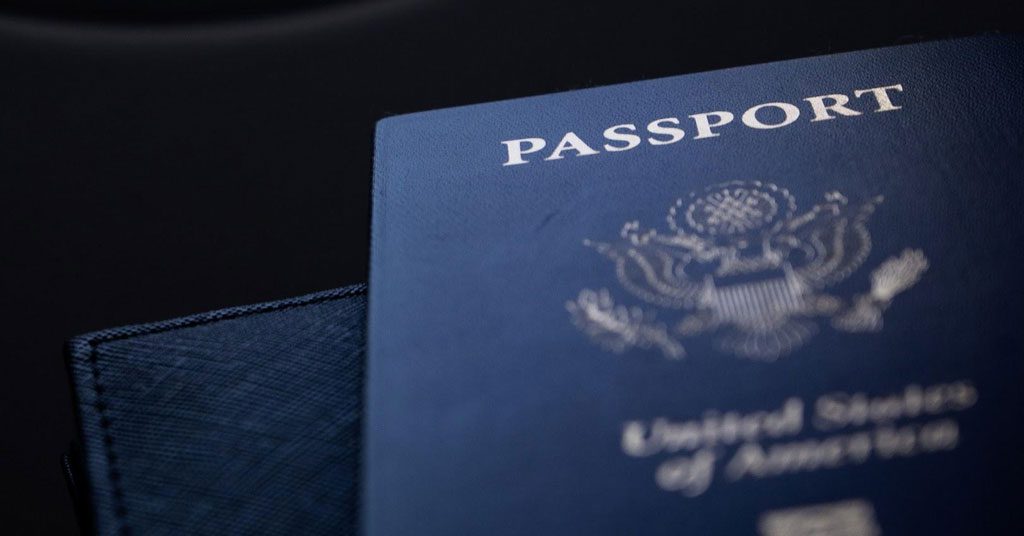
Huffington Post: IRS Hunting for Accidental Americans

The Internal Revenue Service (IRS) has collected $10 billion dollars from 100,000 taxpayers, reports The Huffington Post.
The US tax authorities were able to collect this massive amount of money thanks to the Offshore Voluntary Compliance Program (OVDP) and the Streamlined Filing Compliance Procedure. These procedures allow taxpayers with undeclared income and assets outside of the United States to get into compliance before the US tax authorities find them.
This is because the US is the only developed country in the world where tax duty is based on citizenship rather than where you live or work. Therefore: even if U.S. citizens leave the country to live elsewhere, they may have tax filing obligations. In many cases, U.S. citizens do not realize they need to file tax returns. In addition, there is even a large group that has no idea that the U.S. considers them citizens. They’re so-called “Accidental Americans”.
FATCA enables US tax authorities
With this massive amount of taxes collected, it is safe to assume that the IRS will continue to look for US persons who need to file tax returns. Foreign Account Tax Compliance Act (FATCA) enables the US tax authorities to access international banking information. So consequently it is getting harder to hide from US tax obligations. The IRS and foreign banks have been sharing financial information since the implementation of the FATCA agreement.
IRS hunts Accidental Americans
The Streamlined Filing Compliance Procedure is targeted at “Accidental Americans” or people who did not understand that they needed to file. This includes people who moved to another country when they were very young. Or were born in the U.S. but have spent their entire life elsewhere. They were not failing to report accounts but were just unaware they had tax filing obligations.
The IRS collected $450 million in taxes, interest, and penalties from the Streamlined Filing Compliance Procedure. And this does not include the money spent by U.S. persons preparing the necessary paperwork to get into compliance. It would be hard to believe that the IRS is going to stop requiring people to file their taxes.
If you are a US person living abroad and not filing U.S. taxes, you cannot rely on US tax authorities not find you. In conclusion: You should investigate your tax obligation and understand if you need to get into compliance.
‘The IRS has decided to pursue collecting from U.S. citizens. Based on the success to-date, the search for non-filers will continue for the foreseeable future,’ writes Tax Expert Cleo Hamel from the Huffington Post.
Americans Overseas can help you
Americans Overseas helps Americans living abroad to become US tax compliant in an organized way and avoid unnecessary double taxation. Based on your personal situation, we introduce you to the appropriate US tax advisor in our Americnas Overeas network. They will make you a tailor-made offer to help with your tax filings. Free of charge and free of any obligations.
Contact us for more information
Frequently asked questions
Understanding the US tax system, the obligations, and all the additional terms can be difficult. Especially if one lives outside of America. Is your question not answered? Contact us.
-
Who is required to file taxes in the US?
U.S. citizens and resident aliens who live abroad are generally required to file a federal income tax return and pay taxes on their worldwide income.
Read more... about Who is required to file taxes in the US? -
Do US citizens living abroad still have to file taxes in the US?
Yes, US citizens are required to file taxes on their worldwide income, regardless of where they are living.
Read more... about Do US citizens living abroad still have to file taxes in the US? -
How can I cash my US check?
Received an American check? You can cash your check in the following ways: cash the check at your own bank, transfer to another person (endorsement), cash checks using an online service or cash the check by another bank.
Read more... about How can I cash my US check? -
Are there any special tax forms required for US citizens living abroad?
US citizens living abroad may be required to file Form 2555 and/or Form 1116 to claim the foreign-earned income exclusion.
Read more... about Are there any special tax forms required for US citizens living abroad? -
What is FBAR filing?
FBAR (Foreign Bank Account Report) filing is the requirement for certain U.S. individuals and entities to report their foreign financial accounts to the Financial Crimes Enforcement Network (FinCEN) of the U.S. Department of Treasury. The FBAR filing requirement applies to U.S. persons who have a financial interest in, or signature authority over, one or more foreign financial accounts if the aggregate value of those accounts exceeds $10,000 at any time during the calendar year.
Read more... about What is FBAR filing?





